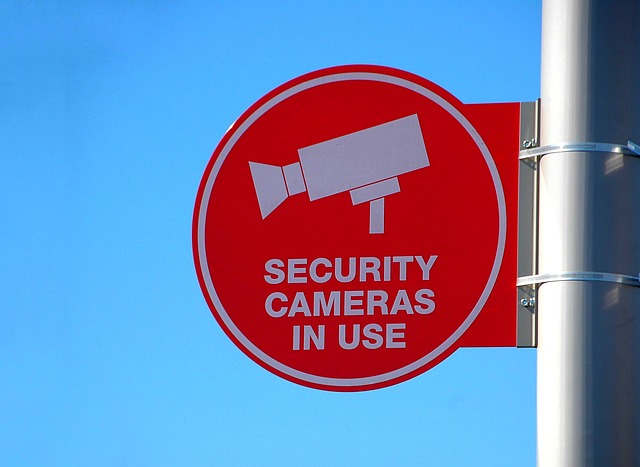PPH_over_9000
Well-Known Member
“
IS IT ILLEGAL TO RECORD SOMEONE WITHOUT THEIR CONSENT WHILE IN PUBLIC?
The simple answer to this question is: no. When you are in a public setting such as a concert, grocery store, a park, and many others, recordings are permitted. The primary motivator for recording in these types of atmospheres is to ensure safety and enhanced security. Once you leave your private property, you should not be expecting full privacy. Thus, recording in appropriate settings when in public is permitted.”

What to Know Before Recording Someone Without Their Consent
Certain states allow recording someone in public without their consent. Consult a knowledgeable attorney to learn more about the rules.sparkslawpractice.com

Maryland Surveillance Video and Audio Recording Legal Regulations - Surveillance Secure
Surveillance equipment can be very useful in both residential and commercial applications. Whether you want to use video or audio recording to protect your home or business, most states have laws in place that outline regulations for use the use of electronic recording devices. The regulations...
 surveillancesecure.com
surveillancesecure.com

Maryland Surveillance Video and Audio Recording Legal Regulations - Surveillance Secure
Surveillance equipment can be very useful in both residential and commercial applications. Whether you want to use video or audio recording to protect your home or business, most states have laws in place that outline regulations for use the use of electronic recording devices. The regulations...
 surveillancesecure.com
surveillancesecure.com
What About Video Surveillance?
Video surveillance is a bit different than audio surveillance under Maryland law. It is legal in Maryland to use surveillance video in your home, including on your porch or lawn, without consent from the parties being recorded [3].However, it is illegal to use hidden surveillance cameras in places where people expect privacy—these places include bathrooms or dressing rooms. Deliberately using video to record people in their respective private residences or in a private place without their consent is considered unlawful in the state of Maryland.
While federal law doesn’t regulate the use of video surveillance cameras in your home or business, state laws do apply and will vary by state, so be sure you’re in compliance with these regulations to avoid potential legal issues.
Using Audio and Video Surveillance Properly
Both audio and video surveillance can be beneficial for homes and businesses that want more security. However, complying with Maryland law is important. Exercise caution when using audio recording and be sure to notify all parties involved, but know that video recording is usually legal without such permission.Do you have surveillance equipment in place at your house or office? Are you in compliance with Maryland’s laws for audio and video recording? Contact us at Surveillance Secure to learn more about how we can help you conduct legal surveillance to keep your place of work or your home safe!
Updates for 2024
In 2024, Maryland remains one of the states in which all parties must consent to an audio recording for it to take place. It still remains legal to conduct video surveillance on your property, so long as they are places where people do not expect privacy.----------------
Maybe Maryland's just weird about the two-party consent rules but without consent you're not getting
 admitted into a court of law unless it's CCTV of a suspect committing a crime.
admitted into a court of law unless it's CCTV of a suspect committing a crime.
